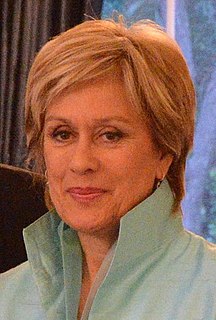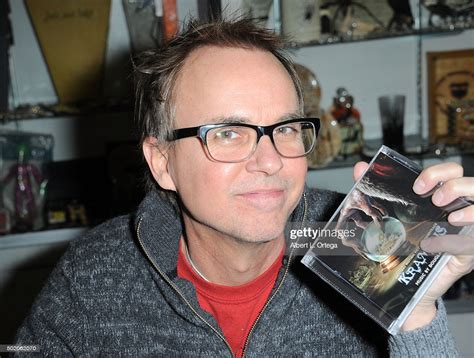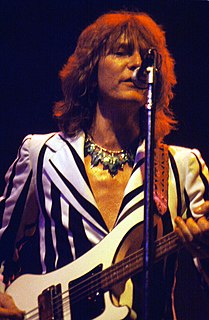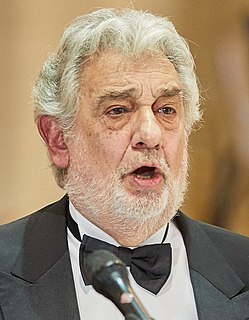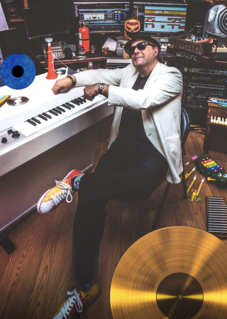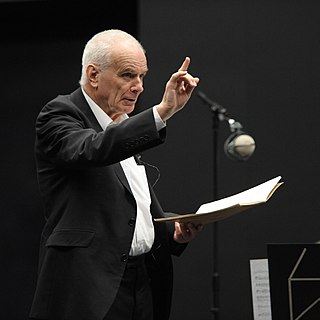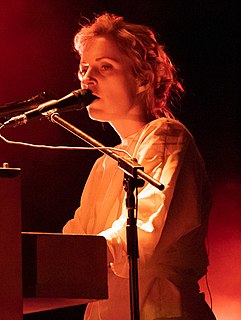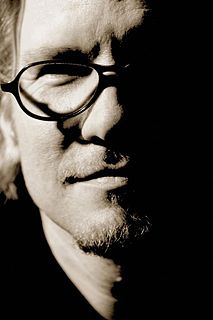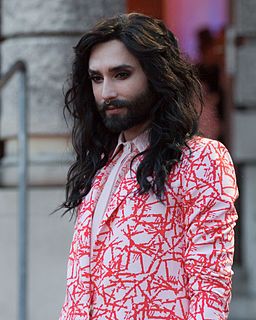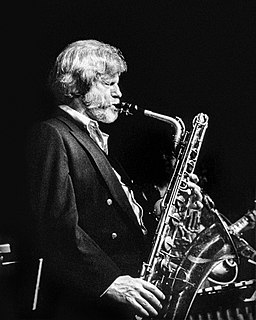A Quote by Marco Beltrami
I had come from an orchestral background, but I didn't really have any orchestral pieces for film.
Related Quotes
I was playing in a band and was approached to score an independent film. I had never done it, but had written instrumental music, so I figured I could do it. Turns out I loved scoring the film, and took on another couple films before realizing that if I was to be an effective narrative composer, I should study the craft of composition. I stopped taking projects and got a degree in orchestral music composition, and followed that with film scoring studies. Near the end of my degree studies, I started taking on student films as a way to get back into film scoring.
After moving to Los Angeles in the early '90s, I started looking into "music for picture" more seriously and in broader scope. My collaboration as a programmer and arranger with Graeme Revell exposed me for the first time to the full spectrum of film music, including the hectic demands of orchestral scoring and the power politics surrounding the finalization of any score for a major motion picture in Hollywood.


